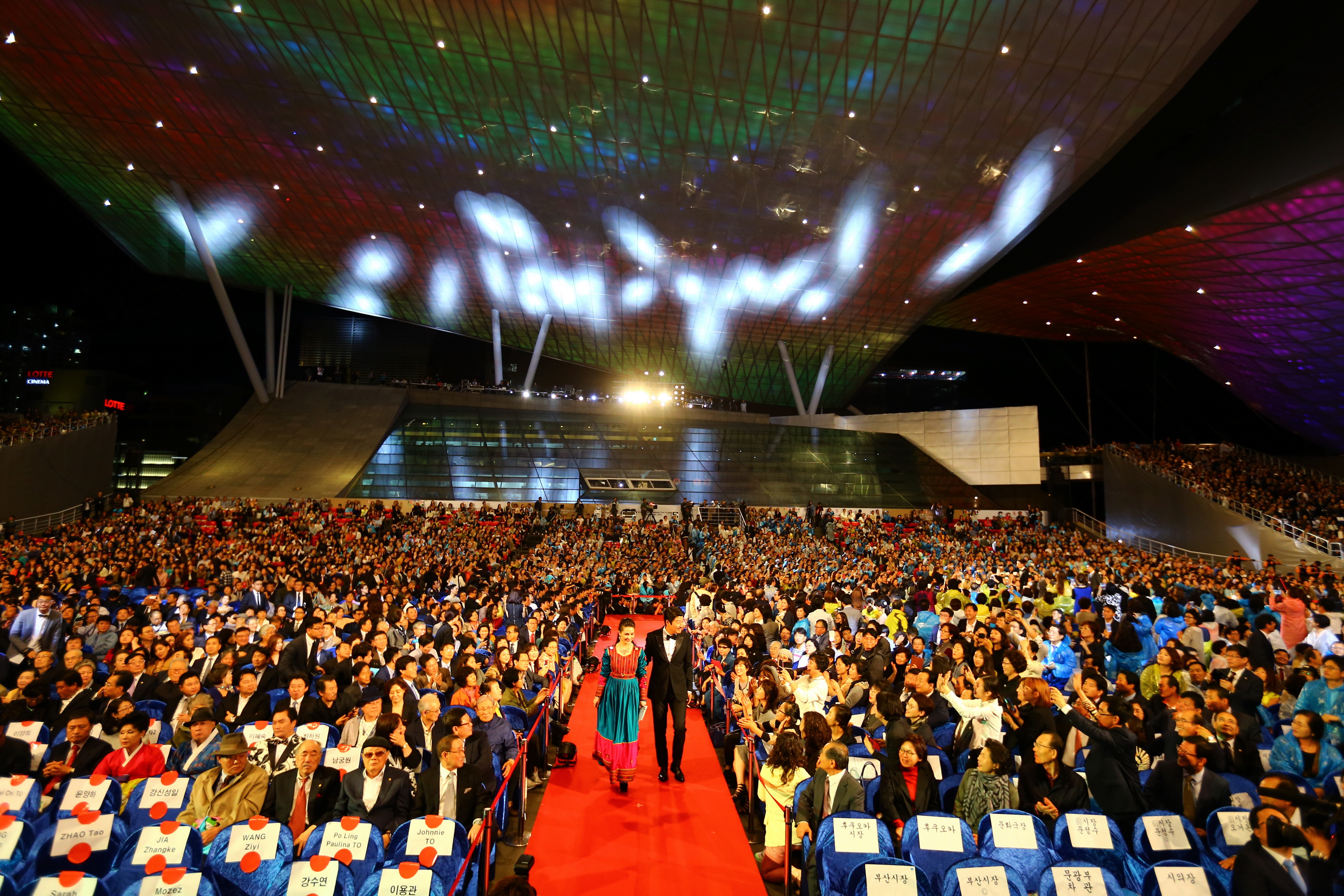Celebrating its 20th year, the 2015 edition of the Busan International Film Festival, held in South Korea's southern port city from Oct. 1 to 10, has a lot to brag about, as it has definitely become the most important film festival in Asia in terms of the quality of its programming, the size and reach of its market activities and the variety of its educational events.
And yet, for a brief moment earlier this year, it almost seemed as if BIFF 2015 wasn't going to happen. Last year, the festival screened a controversial documentary, "The Truth Shall Not Sink With Sewol," about the 2014 Sewol ferry disaster despite the objections of Busan's mayor, who later threatened to pull funding if festival director Lee Yong-kwan didn't resign. It would have been difficult to hold the event without the city's support, but Lee refused to step down. Fortunately, the powerful Korean film industry backed the director and a compromise was reached that allowed BIFF to retain its storied independence. As Lee told Variety, the face-off "inspired us to overcome such crises and work even harder for a better future."
Part of that reassessment has involved an emphasis on Korean independent cinema. Domestic blockbusters have no trouble finding audiences in South Korea and other Asian markets, but art house films, which have always constituted the bulk of BIFF's presentations, still have a tough time securing distribution despite excellent reviews from the international press. This year the number of screening slots for Korean independent productions has been boosted considerably. Each of the 11 films in the Korean Cinema Today: Vision section, which features world premieres of local indie films, were screened as many as nine times during the week.



















With your current subscription plan you can comment on stories. However, before writing your first comment, please create a display name in the Profile section of your subscriber account page.